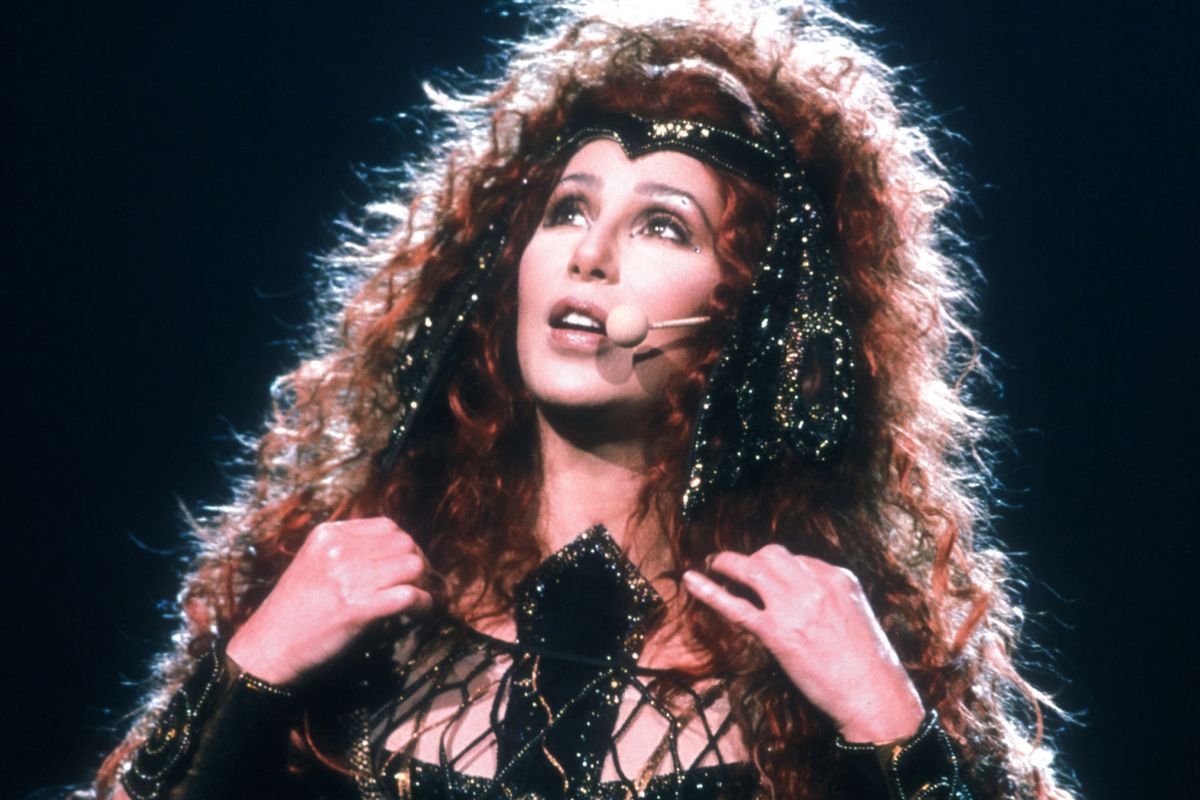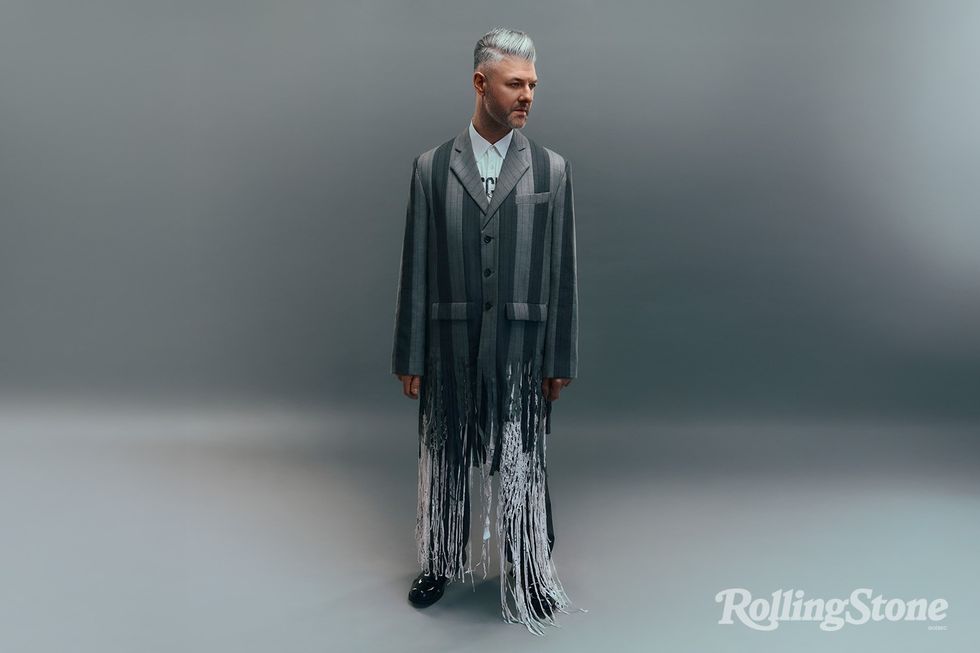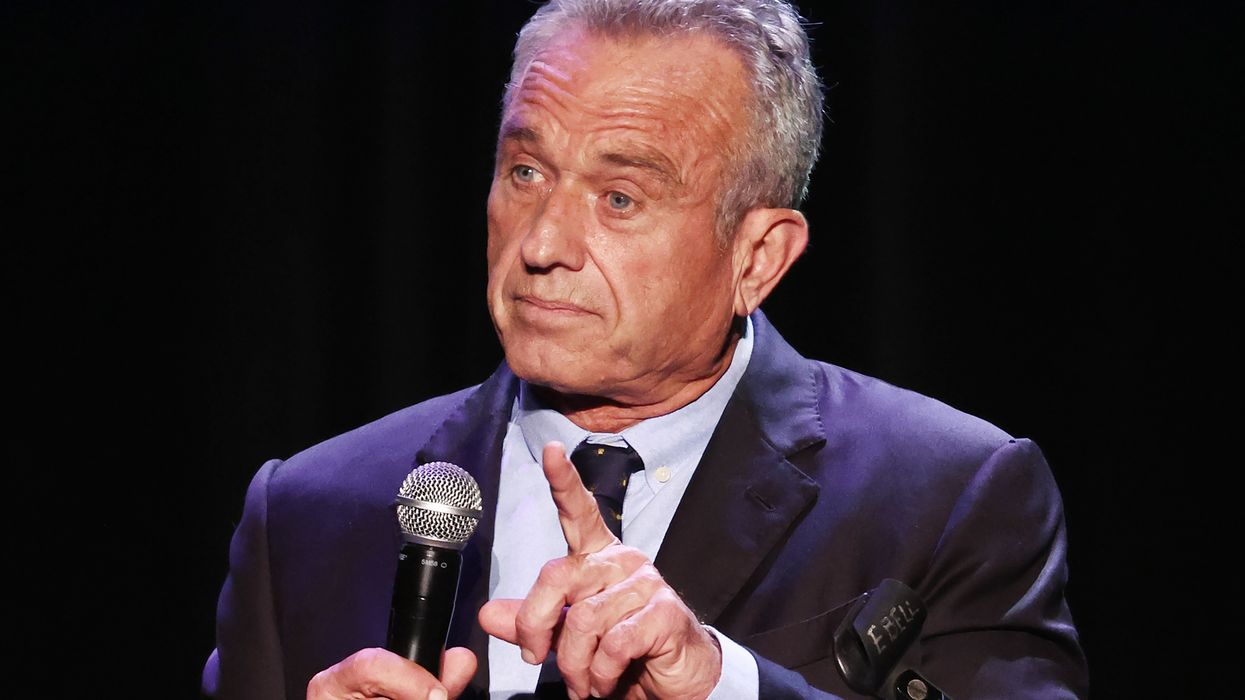One thing Cher’s career has never been is predictable.
As a teenager in the Sixties, she cut her teeth with future husband Sonny Bono and producer Phil Spector. They would produce massive pop hits like “I Got You Babe” and “The Beat Goes On” that became staples in the Seventies. For a lesser star, that would have been the end of a good run but Cher is not like any other star. She and Sonny ended up reviving their careers with a variety show until they divorced. Cher would then launch a successful solo career, with both disco music and her own new TV hour.

Another slump in the Eighties made way for an even bigger commercial comeback. Following a successful pivot into acting with star-making turns in Silkwood and later Moonstruck (which she won an Oscar for), Cher was primed for her biggest and boldest pop run yet. 1989’s “If I Could Turn Back Time” was a major return to the charts for Cher and an instant classic.
By the mid-Nineties, however, Cher hit another lull. She was dealing with chronic fatigue and was left hawking items in infomercials. As house music began moving from the underground to radio, however, Cher found a perfect entry back into pop through dance music. “Believe” was released in 1998, becoming the singer’s signature hit and the best-selling song of her entire career.
On this week’s episode of Rolling Stone’s 500 Greatest Songs, hosts Rob Sheffield and Brittany Spanos celebrate Cher’s incredible legacy, with “Believe” as the focal point. They are joined by artist and DJ Bright Light Bright Light, who opened for Cher on several years ago and has been a lifelong fan of the legend.
In 2004, Rolling Stone launched its 500 Greatest Songs of All Time list. Tabulated from a massive vote that had artists, industry figures, and critics weighing in, the list has been a source of conversation, inspiration, and controversy for two decades. It’s one of the most popular, influential, and argued-over features the magazine has ever done.
So we set out to make it even bigger, better, and fresher. In 2021, we completely overhauled our 500 Songs list, with a whole new batch of voters from all over the music map. Rolling Stone’s 500 Greatest Songs takes a closer look at the entries on our list. Made in partnership with iHeart, Rolling Stone’s 500 Greatest Songs finds Brittany and Rob discussing a new song each week, delving into its history and impact with the help of a special guest — including fellow RS colleagues, producers, and the artists themselves. It’s our celebration of the greatest songs ever made — and a breakdown of what makes them so great.
Check out the latest episode above, on iHeart, or wherever you get your podcasts, and look for new episodes every Wednesday.







 Coat (polyester and wool), shirt (silk), Dries Van Noten, SSENSE.com / Flower (silk), M&S Schmalberg
Coat (polyester and wool), shirt (silk), Dries Van Noten, SSENSE.com / Flower (silk), M&S Schmalberg
 Blouson (denim and hand embroidered patches), WJ Crosson / Shit (polyester), Homme plissé Issey Miyake, Holt Renfrew/Pants from personal collection/ Shoes(canvas), Marni
Blouson (denim and hand embroidered patches), WJ Crosson / Shit (polyester), Homme plissé Issey Miyake, Holt Renfrew/Pants from personal collection/ Shoes(canvas), Marni Jacket and pants (virgin wool), shirt (acrylic coated cotton), Moschino / Shoes from Pierre Lapointe's personal collection
Jacket and pants (virgin wool), shirt (acrylic coated cotton), Moschino / Shoes from Pierre Lapointe's personal collection








